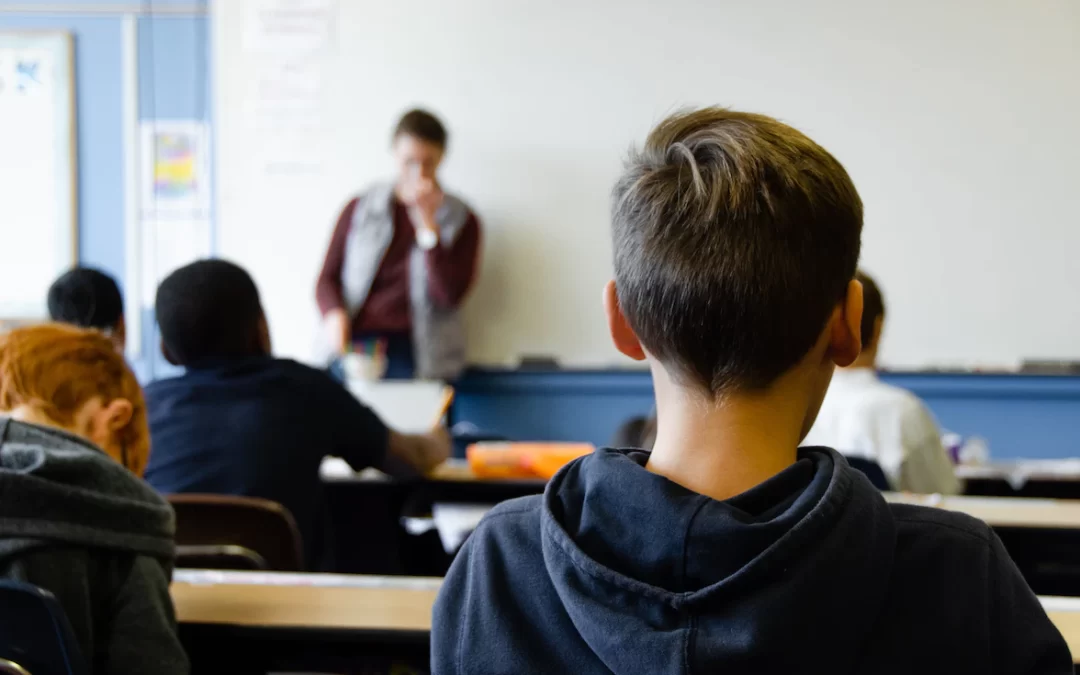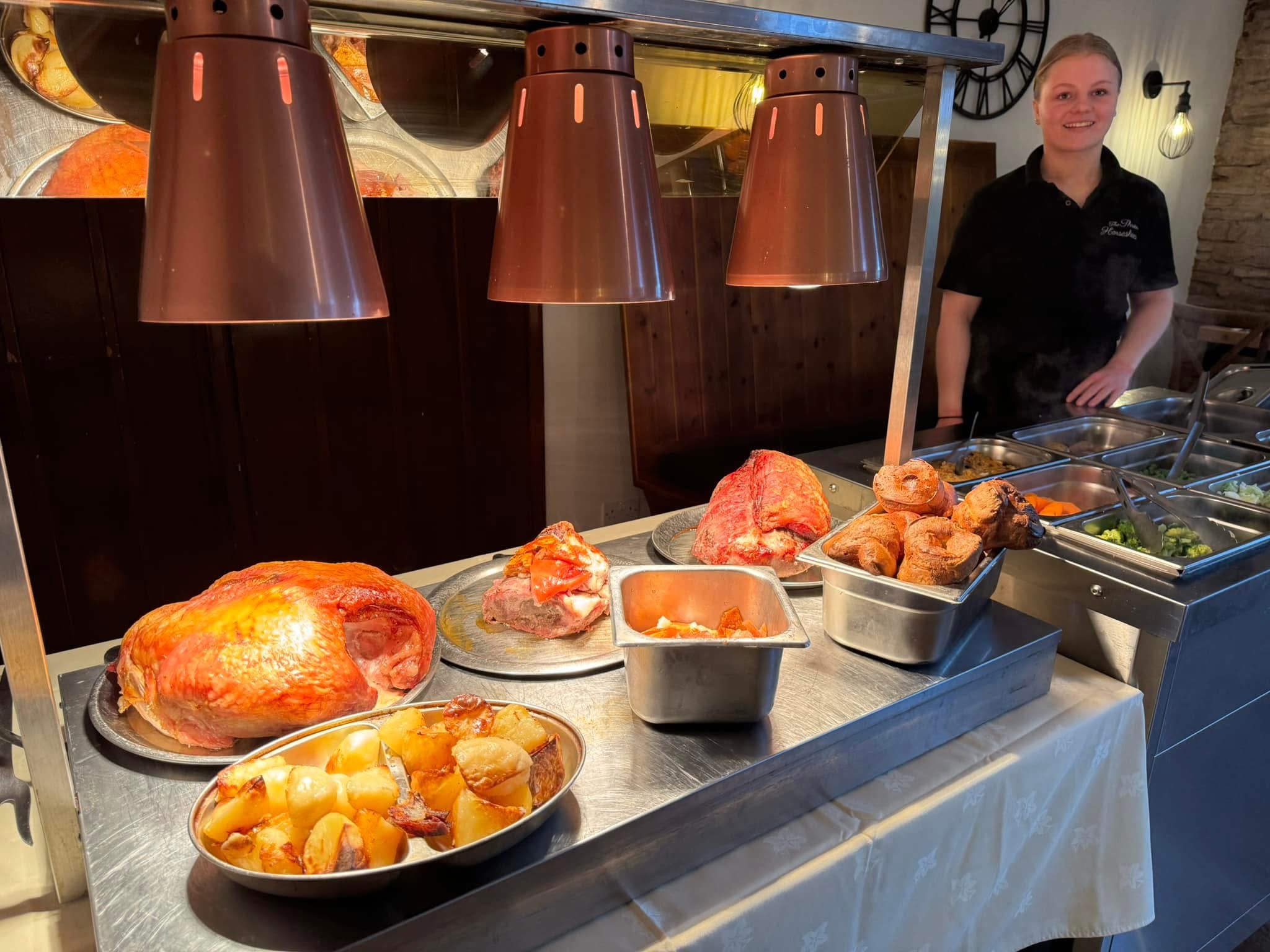A Herefordshire Primary School has been rated as ‘good’ following a recent inspection by Ofsted.
The report, shared by Ofsted, was shared following the inspection that took place on 18th and 19th July.
Pupils come into school each day full of curiosity and excitement about what they are going to learn.
They enjoy thinking hard in lessons and learning about new things. Leaders expect all pupils to achieve well.
They make sure that all pupils, including those with special educational needs and/or disabilities (SEND), get the support they need. As a result, pupils succeed.
Leaders know all pupils and their families well. Pupils, parents and staff all describe Withington Primary School as a family. This can be seen after school, when children of all ages play together in the school’s wilderness garden while parents and school staff talk to each other.
Like a family, pupils say that they sometimes fall out with each other. They know it is their responsibility to put this right and that their teachers will help them do this.
Pupils’ learning is enriched by well-chosen trips and visits. This year, pupils have visited a castle, a planetarium, a chocolate factory and a folk history museum to bring to life what they are learning. Leaders make sure that all pupils can go on two residential visits during their time in school. They say this helps pupils to develop independence and resilience as well as to enjoy new experiences.
What does the school do well and what does it need to do better?
Leaders have put in place a well-considered curriculum.
They have thought carefully about what pupils should know and when they should learn it.
This is particularly important as pupils are in mixed-age classes. Where the curriculum is well- established, such as in mathematics, teachers implement the curriculum well and pupils confidently learn new knowledge.
However, in some subjects the curriculum is new and leaders have not made sure that teachers have a secure understanding of how the curriculum builds over time.
This means that what pupils learn does not always prepare them well enough for what they will learn next.
In the early years, children participate in a range of well-chosen activities to consolidate their learning. Children enjoy making puppets, finding bugs, writing, constructing, painting and identifying animals in a story.
They have lots of opportunities to learn and use new words.
Leaders prioritise reading. In Nursery, staff read plenty of stories to the children and children sing rhymes and songs to make sure they are ready to learn to read. From Reception, children are taught to read using an appropriate phonics curriculum.
Children are given books to match the sounds they are learning. However, the phonics scheme is not delivered consistently well.
Children do not always learn how to say the sounds they are learning clearly enough and teachers do not always model decoding strategies well enough.
This means that some children do not learn to read as quickly as they could. Children who are falling behind continue to be introduced to new sounds and this stops them from securing their reading knowledge. Older pupils enjoy reading for pleasure and are eager to discuss what they are reading.
Pupils with SEND have their needs identified quickly. Leaders make sure that pupils get the right help. Additional adults support pupils very well. Many children join school with speech and language difficulties.
Leaders work hard to address these. Early years is a communication-rich environment.
Children have lots of opportunities to speak and to play with other children in ways that help them to develop their language skills.
In lessons, pupils are engaged and eager to learn. In the early years, children learn rules and routines. They line up quickly for play time, sit on the carpet at snack time and listen to stories attentively.
Throughout the school, teachers make sure that pupils know how to manage their own behaviour. Pupils learn to recognise their feelings and to talk about things that trouble them. Older pupils look out for younger children and make sure that they are doing well. This makes the school a safe and friendly place for all pupils.
Leaders are relentless in finding ways to enhance pupils’ experiences beyond the classroom.
Alongside the extensive range of after-school clubs on offer, pupils participate in cricket coaching, attend literary festivals, take part in musical performances and go on trips to the theatre. Leaders make sure that all pupils can develop their talents and interests.
The head of school joined the school in September 2022. She quickly idenitifed areas that needed improving and made changes to the curriculum and to processes for managing behaviour. However, leaders do not always monitor the right things and so some areas of the school’s work are not improving as quickly as they could.
Some priorities, set by the federation, do not reflect the improvements that the school needs to make.
Governors discharge their responsibilities carefully. They understand their roles well.
Full report: https://files.ofsted.gov.uk/v1/file/50229269




